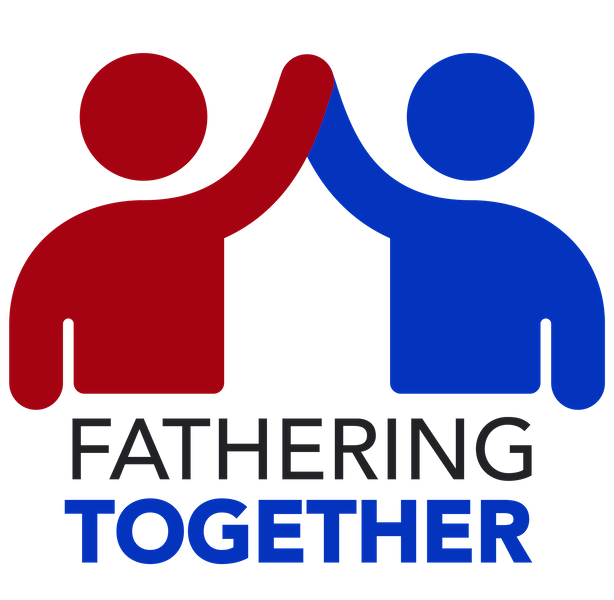In his book, Men Can: The Changing Image and Reality of Fatherhood in America, Donald Unger uses stories of real families to expose inconsistencies in our language, our politics, and our culture that are holding men and women back from succeeding at work and at home. Unger doesn’t seek to define a family formula that works, but instead “favors flexible arrangements and a society that respects personal choices and individual differences, crediting and supporting functional families.” For me, in this media world that runs towards extremes to increase readership/viewership, Unger serves as a voice of reason to help the reader sift through the nonsense to show how families are actually living.
One inconsistency Unger highlights is a resistance to acknowledge the change that has happened to real families. In conservative circles, the message goes that if a man were to publicly admit to sharing domestic labor, it would be an “admission of emasculation on two counts,” first a failure to earn sufficient money to allow his wife to stay home, and second for doing “women’s work.” For a woman in the same circles, admitting she works means she has failed to take care of her home and children and she has “usurped the prerogatives of the ‘”proper head of household.'” In many real families, especially middle class and blue-collar families, Unger points out a strong aversion to daycare, citing a “betrayal of family values.” Given that most mothers and fathers in these families need to work, evidence shows that these Moms and Dads are in fact sharing responsibilities at home to some degree.
From liberal circles, on the other hand, Unger points to a resistance to acknowledging progress because it might blunt further progress. Basically, men may help more than they used to, but they don’t help enough. These thinkers have suggested that portraying family and childcare issues as fathers’ issues fails to recognize the struggle that women have felt and still feel as they fight for “equality.” Unger suggests that issues around fathers shouldn’t be taken as competition for attention, but rather that mothers and fathers share many of the same concerns, and we are “more powerful when we stand together as parents than when we set ourselves up as fathers against mothers or vice versa.”
Unger looks to a “much more open definition of family and of caregiving generally, opening up and broadening what is possible, or perhaps more accurately what is acceptable, for a man to do with his life.” Another way to look at it, “we may see the home open up to men in the same way that the workplace began to open up to women in the 1970s.”
Unger goes on to point out other inconsistencies as well. In our language, for example, Unger asks us to think about the difference between the verbs, “to mother” and “to father.” In TV commercials, Unger wonders if portraying fathers as bumbling idiots serves to sell more cellphones or to barricade the domestic sphere. Unger also considers various TV shows and movies and the way that fathers have been portrayed over time. I especially enjoyed Unger’s discussion of Mary Poppins, and the realization that the character that changes the most in the movie in the father!
Overall, Unger’s book is an enjoyable read and what I like call a “head-nodder,” a book that considers different perspectives and distinguishes what makes sense and what serves to hold us back.
Join Donald Unger at the Forest Hills Library on Saturday, Oct. 16 at 2PM to hear him discuss TV commercials and the evolving image of American fathers.

Leave a Reply